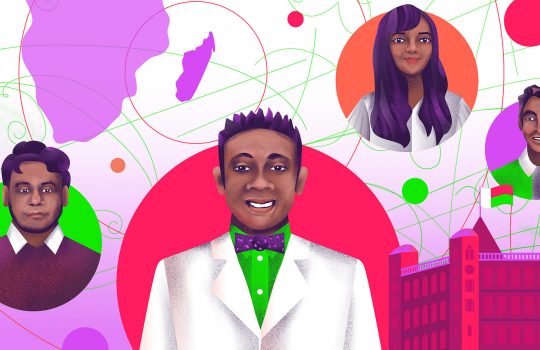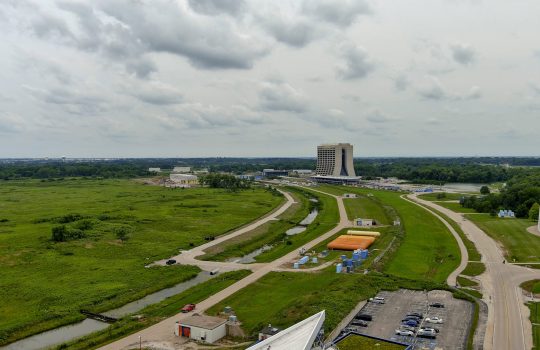Fermilab Opens New Research Center Honoring Helen Edwards
Quantum Insider, Dec. 9, 2025
Fermilab has dedicated the new Helen Edwards Engineering Research Center, its largest purpose-built lab and office facility honoring the pioneering accelerator physicist Dr. Helen Edwards.



